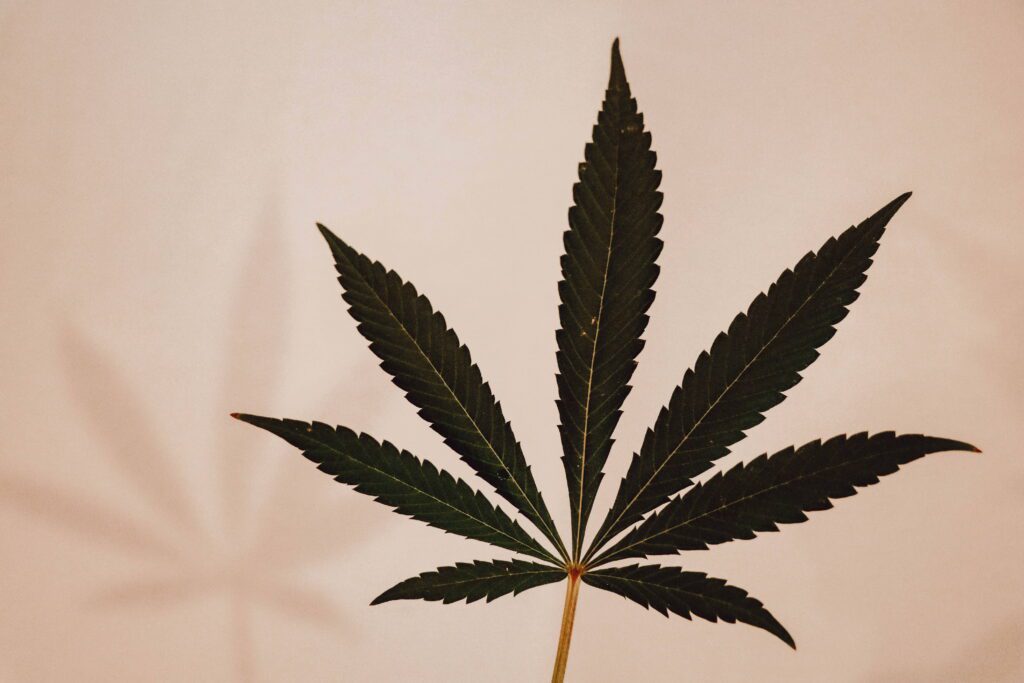
Understanding Dopamine
Dopamine is a neurotransmitter that plays a crucial role in various physiological functions, including mood regulation, motivation, and reward perception. It is often referred to as the “feel-good” neurotransmitter due to its association with pleasure and positive reinforcement.
Marijuana's Active Compounds
To comprehend the interaction between marijuana and dopamine, it’s essential to familiarize ourselves with the plant’s active compounds. The two primary compounds of interest are tetrahydrocannabinol (THC) and cannabidiol (CBD). THC is responsible for the psychoactive effects of marijuana, while CBD is non-psychoactive and has been studied for its potential therapeutic properties.
THC and Dopamine Release
Research suggests that THC, the psychoactive compound in marijuana, may influence dopamine levels in the brain. Studies have shown that THC can stimulate the release of dopamine, creating a sense of euphoria and relaxation. However, the precise mechanisms through which this occurs are still under investigation.

Dopamine Regulation and Tolerance
While marijuana may initially increase dopamine levels, prolonged use has been associated with the development of tolerance. Tolerance implies that over time, the body becomes less responsive to the effects of marijuana, including its impact on dopamine release. This phenomenon raises questions about the long-term implications of marijuana use on dopamine regulation.
Individual Variability
It’s crucial to recognize that the relationship between marijuana and dopamine is not a one-size-fits-all scenario. Individual differences, including genetics, overall health, and the specific strain of marijuana consumed, can contribute to varying responses in dopamine levels.
Potential Therapeutic Implications
Beyond recreational use, researchers are exploring the therapeutic potential of cannabinoids in managing conditions associated with dopamine dysregulation, such as certain mood disorders and neurodegenerative diseases. However, further research is needed to fully understand the nuanced effects and potential benefits.
Conclusion
The connection between marijuana and dopamine levels is a complex and evolving area of study. While research suggests that marijuana, particularly THC, can influence dopamine release, the long-term implications and individual variability necessitate a cautious approach. As the scientific community continues to unravel the mysteries of marijuana’s impact on neurotransmitters, it’s essential to stay informed and foster a balanced understanding of this multifaceted relationship.
If you’re considering using cannabis, it’s always best to consult a doctor first.
